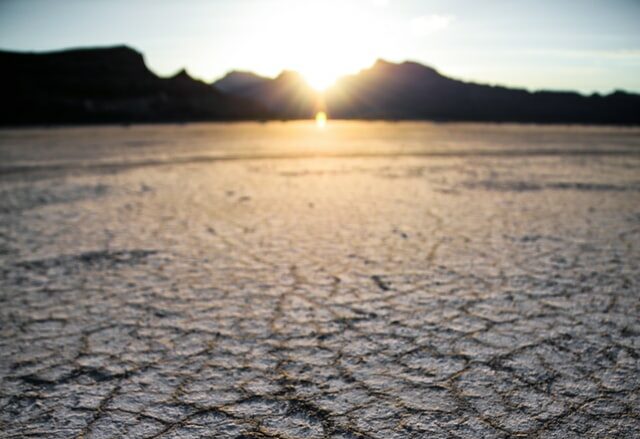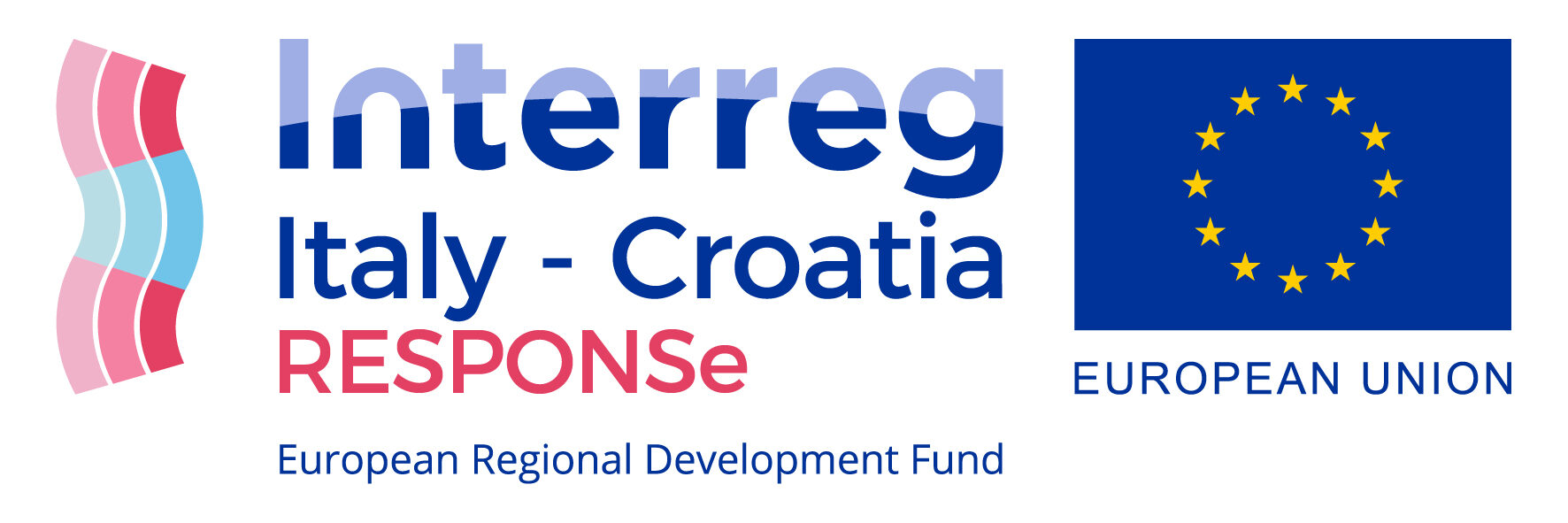Climate change

What is climate change?
The IPCC (Intergovernmental Panel on Climate Change) defines climate change as:
A change in the state of the climate that can be identified by changes in the mean and/or the variability of its properties, and that persists for an extended period, typically decades or longer. Climate change may be due to natural internal processes or external forcings such as modulations of the solar cycles, volcanic eruptions and persistent anthropogenic changes in the composition of the atmosphere or in land use.
How to act on climate change?
Earth’s climate has always changed, but it is clear that the current warming trend is increasing at a rate that is unprecedented over decades to millennia. The great amount of data gathered over the last decades, thanks to scientific and technological advances, contributes at this unequivocal evidence: climate change is happening faster than usual due to human activities and, in particular, to the increased levels of greenhouse gases in the atmosphere. It has led to several global consequences: temperature rise, warming ocean, shrinking ice sheets, glacial retreat, decreased snow cover, sea level rise, declining Arctic Sea ice, extreme events and ocean acidification.
Climate change is a global and complex challenge which is already affecting all of us and will affect the generations to come, even if we stopped greenhouse gases emissions right now. Despite that, we can take action on the level of emissions and determine how much the climate will change in the next future. We have the chance to respond to climate change and global warming through two long-term strategies: adaptation and mitigation.
The IPCC defines adaptation as:
The process of adjustment to actual or expected climate and its effects. In human systems, adaptation seeks to moderate harm or exploit beneficial opportunities. In natural systems, human intervention may facilitate adjustment to expected climate and its effects.
The IPCC defines mitigation as:
A human intervention to reduce the sources or enhance the sinks of greenhouse gases […] and other substances which may contribute directly or indirectly to limiting climate change, including, for example, the reduction of particulate matter emissions that can directly alter the radiation balance (e.g., black carbon) or measures that control emissions of carbon monoxide, nitrogen oxides, Volatile Organic Compounds and other pollutants that can alter the concentration of tropospheric ozone which has an indirect effect on the climate.
